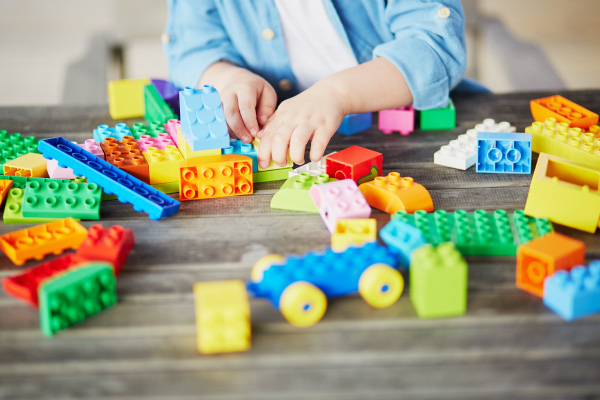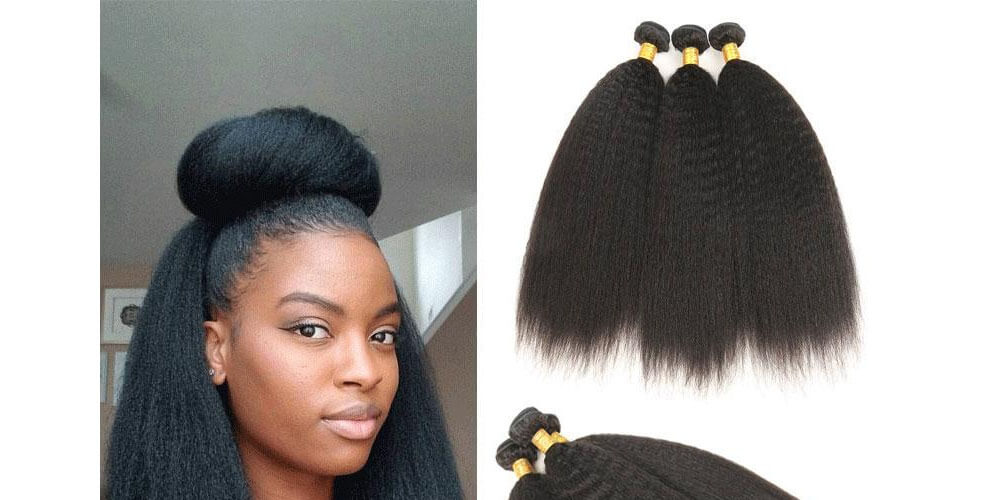Wooden knob and wooden peg puzzles are fun and educational. They’re great for teaching young children about animals, color recognition, counting and animal recognition. Toddler puzzles with knobs are suitable for small hands and are therefore recommended for children between the ages of 1 and 3 years. The peg puzzles are ideal for children between 3 to 5 years old.
The puzzles can include alphabets, numbers, shapes, images of objects such as fruits and vegetables, gardening tools, pets, barn animals, wild animals, vehicles, the rainbow, bathroom toiletries, and animals such as butterflies and bees. All these are available on the Woodenpegpuzzle.
Types of Puzzle for KidsWhat Types of Puzzle Should I Get For My Kids?
Make sure that the puzzle you buy is appropriate for your child’s age.
There are a variety of puzzles for different children with different needs. The simpler preschool wooden puzzles are for younger children while the more complex and challenging puzzles are for older children. Here is a list of 5 types of puzzles that kids love to solve:
-
Jigsaw Puzzles
These types of puzzles are appropriate for different ages. As the age increases, so does the complexity of the pictures. Pieces of wooden jigsaw puzzles can be any number between 4large pieces to hundreds of pieces.
Types of Puzzle for Kids-
Mazes
These also increase in complexity as the child grows older with those for older kids being more challenging.
Types of Puzzle for Kids-
Missing Element Puzzles
The kinds of puzzles usually present the toddler with two pictures that, from a distance, appear to be identical. The toddler should be able to compare the two pictures and find all the differences.
Types of Puzzle for Kids-
Riddles
These rank among the top favorite type of puzzles for children. Riddles can be presented and solved anywhere. Again, their complexity depends on the age of the child.
Types of Puzzle for Kids-
Connect-the-Dots pictures
Kids enjoy connecting dots using lines to create a complete picture.
Benefits of Puzzles in a Child’s Development
Puzzles are important learning tools that are used to enhance a child’s development. They challenge the way a child thinks and improves their mental capacity.
Listed below are a number of skills that are enhanced when using puzzles as a learning tool:
-
Cognitive Skills
Puzzles increase a child’s awareness and develop a deeper understanding of the world around them. The puzzles assist the children to teach themselves how to follow step by step instructions and in the long run, this will help them achieve their goals in life.
-
Problem Solving Skills
In order to complete a puzzle, one has to think. A child will have to think and come up with strategies on how to approach a problem to come up with a solution. These reasoning skills will later be transferred into their adult life.
-
Social Skills
Solving puzzles promotes corporative play. When children work together to fill out puzzles, they support each other throughout the process until they have successfully completed it. In the end, they’ll share the joy of completing the puzzle as a team.
-
Fine Motor Development
Children who engage in solving puzzles have the chance of developing and refining their fine motor skills. These skills are very important in the child’s everyday development. Most puzzles require the kids to pinch, pick up, and move wooden knobs or pegs then fit them into slots
-
Hand and Eye Coordination
Puzzles help the kids to perfect their trial and error techniques. These games involve a lot of hand and eye movement. Children will keep trying and move the pieces until they find a spot where it’ll fit well.














